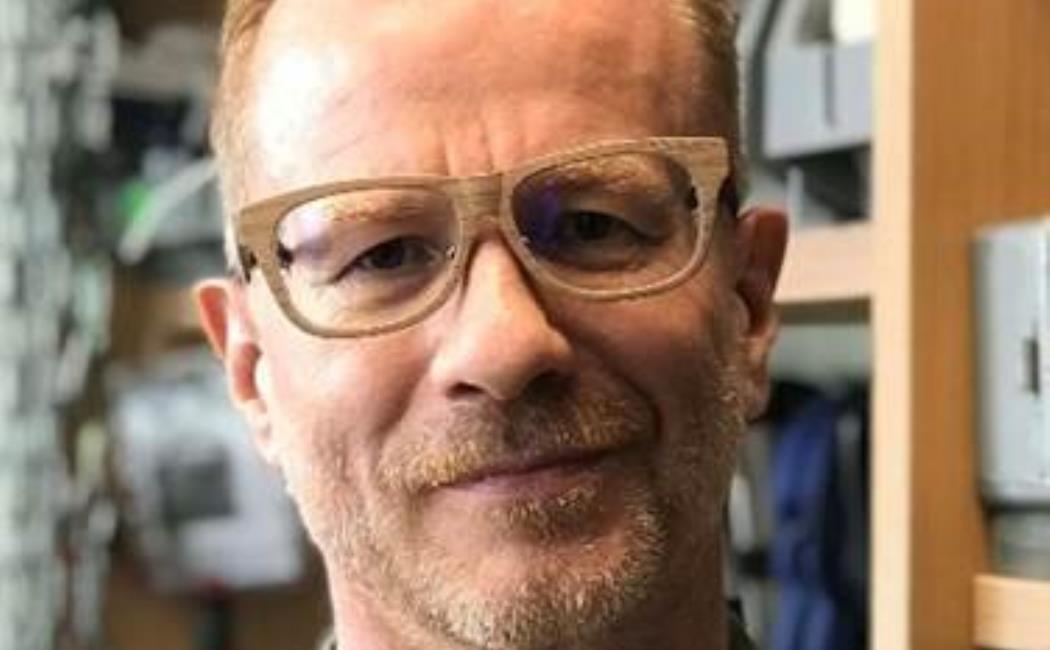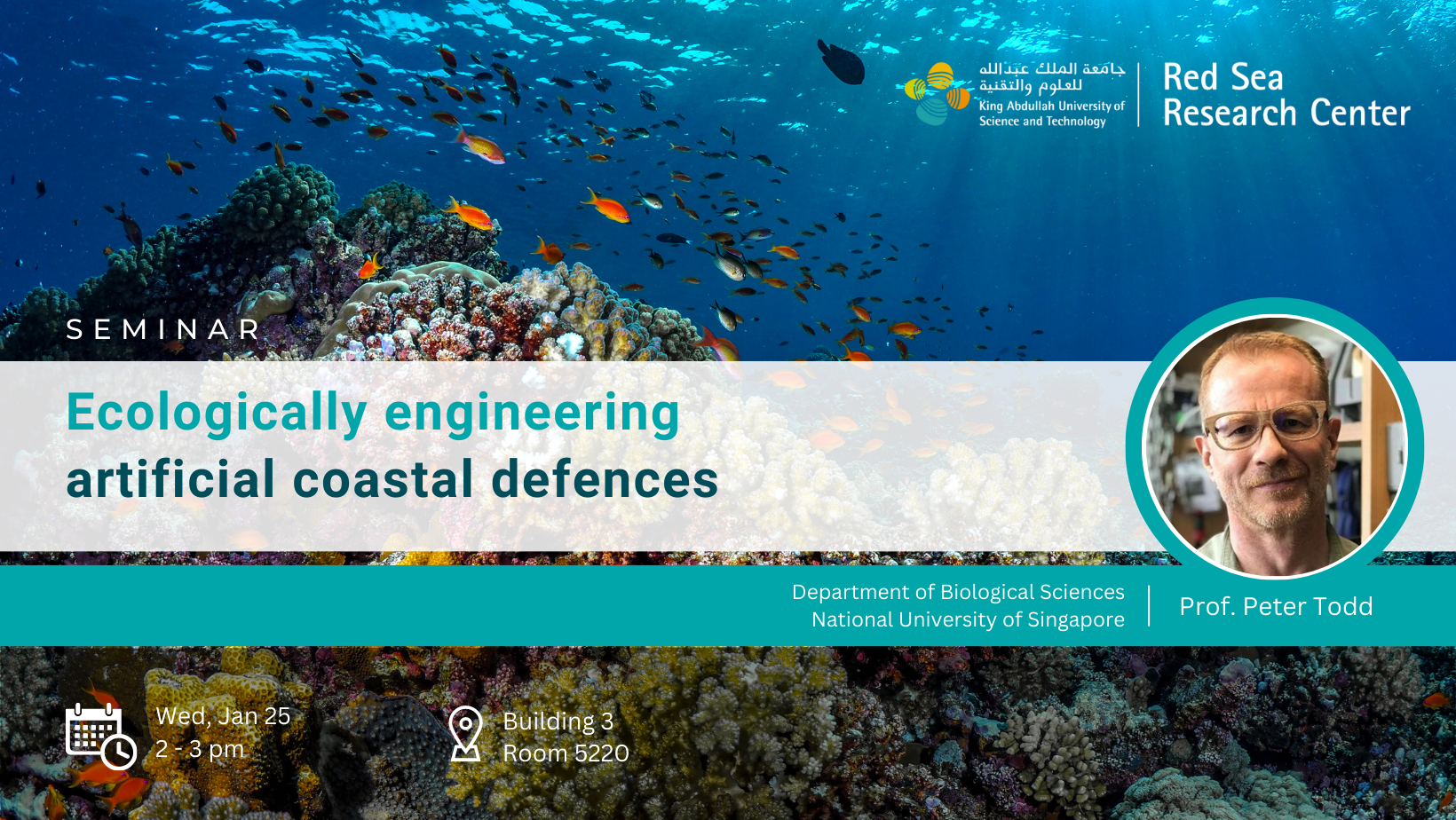



Abstract: Coastal urbanisation and climate change are driving the global proliferation of artificial coastal defences. These structures have significant effects on the ecology of marine habitats, leading to loss of biodiversity and associated ecosystem services. For example, seawalls are generally homogenous and steep, and are frequently made from non-local materials. Due to these differences, artificial defences are generally poor surrogates for the habitats they replace. Ecological engineering—the integration of ecological principles and engineering for the benefit of both humans and nature—is a form of Nature Based Solution (NBS) that is being increasingly adopted to alleviate the negative impacts associated with coastal defences by improving their ecological functioning. One of the more successful eco-engineering strategies is to add concrete tiles with complex topographies, microhabitats, and water-retaining features. These can increase the richness and abundance of species reminiscent of native communities, including the utilisation of built structures by fish and other higher-trophic taxa. This talk will present some of coastal ecological engineering solutions being developed in Singapore, a tropical city state which has replaced over 65% of its shoreline with seawalls.
Speaker name: Prof. Peter Todd
Speaker bio: Peter Todd is an experimental marine ecologist who focusses urban marine systems. He works on increasing understanding of the ecology and functioning of tropical coastal marine organisms and communities under environmental stress. His research is multidisciplinary, synthesising elements of biology, geography and engineering to answer ecological questions. His lab has 18 years of experience in the conceptualisation, build, implementation, and analysis of novel experiments, and over a decade designing and testing a wide range of seawall enhancements. His lab’s results contribute towards both fundamental knowledge as well as generating solutions for current conservation and environmental challenges.